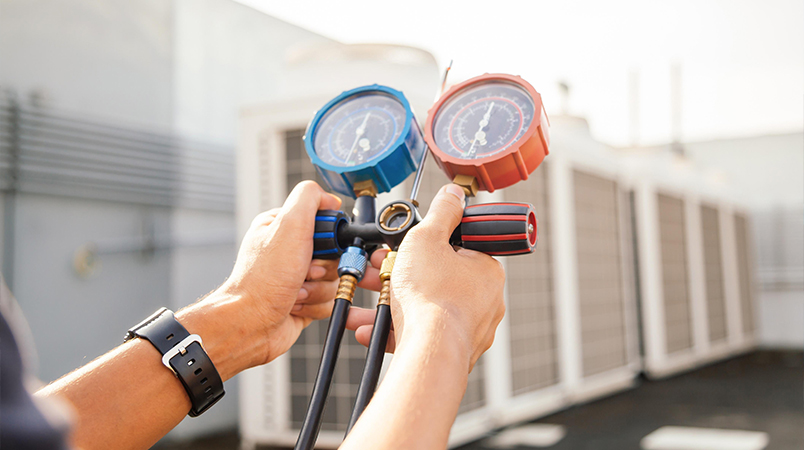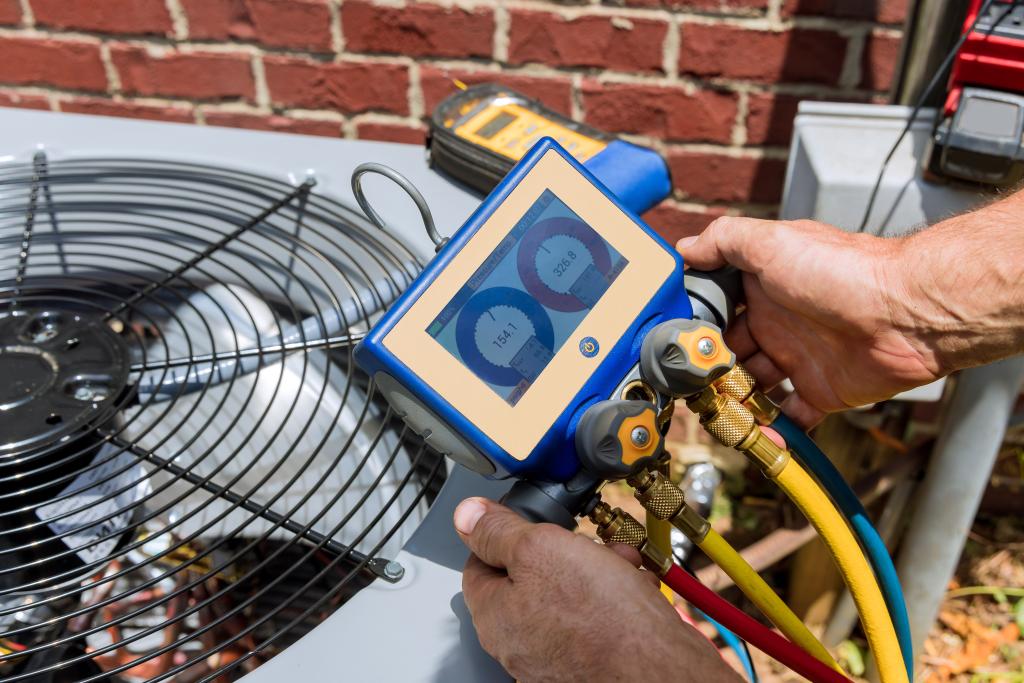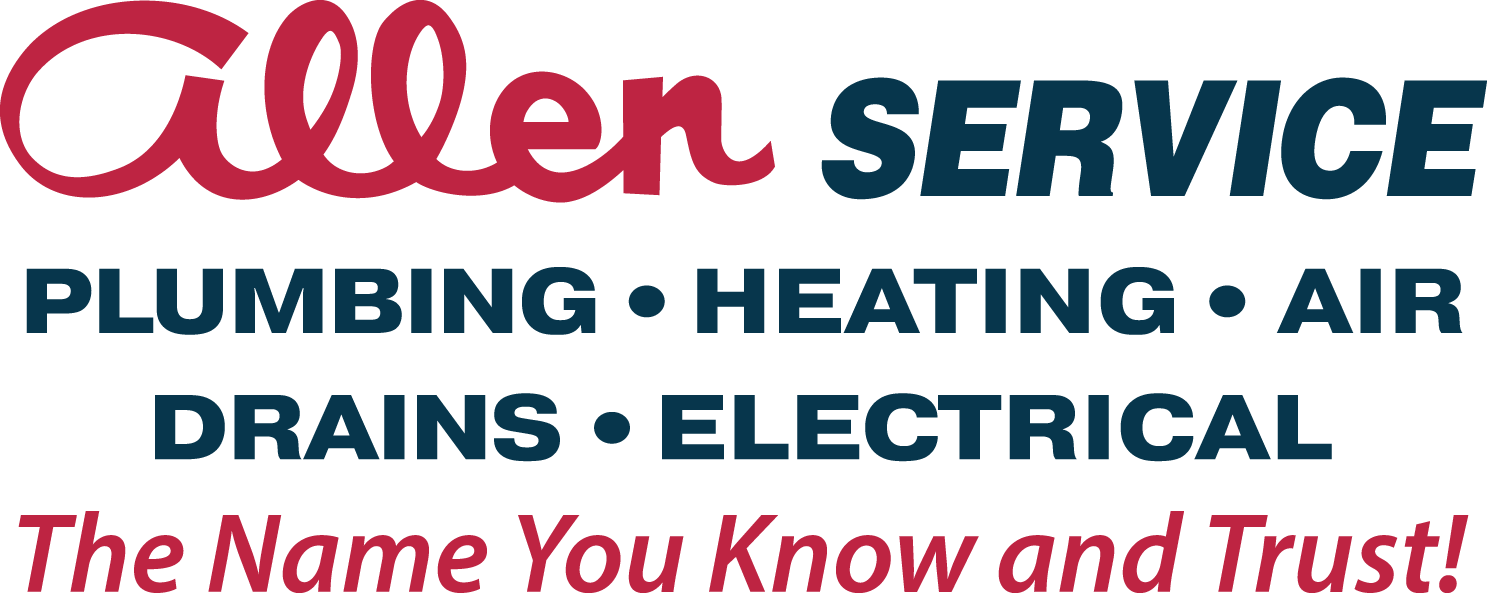Fort Collins HVAC Services
Quality Assurance in HVAC Contractor Work
When you're investing thousands of dollars in a new HVAC system for your Fort Collins home, you want to know that the work will be done right the first time. We understand that feeling completely—you're not just buying equipment, you're buying peace of mind for your family's comfort and safety. The difference between a job done well and one done poorly can mean the difference between a system that runs efficiently for 15-20 years versus one that starts giving you problems within the first few seasons.
Quality assurance in HVAC contractor work is what separates the professionals from contractors who just want to get in and out as quickly as possible. We've been serving Fort Collins homeowners for years, and we've seen firsthand how proper installation techniques, attention to detail, and following manufacturer specifications can save families thousands in repair costs down the road. It's not just about having the right equipment—it's about having technicians who understand how Colorado's altitude and extreme weather conditions affect HVAC performance.
In this guide, we're going to share what we've learned about quality assurance in HVAC work and how Fort Collins homeowners can protect themselves when choosing a contractor. You'll discover the warning signs that indicate poor workmanship, understand what quality installation actually looks like, and learn the right questions to ask before you hire anyone to work on your home's heating and cooling systems.
What Does Quality Assurance in HVAC Contractor Work Actually Mean?
Quality assurance in HVAC work means following proven procedures and industry standards at every step of your project, from the initial assessment to the final testing of your system. It's not just about installing equipment—it's about ensuring that every component works together perfectly for maximum efficiency, safety, and longevity. We approach each job with a systematic process that includes proper load calculations, correct sizing of equipment, and adherence to manufacturer specifications.
When we talk about quality assurance, we're referring to the commitment to do things right even when no one is watching. This means taking the time to properly seal ductwork, ensuring electrical connections meet code requirements, and testing system performance before we consider the job complete. Quality contractors understand that shortcuts today lead to expensive problems tomorrow, especially in Fort Collins where our HVAC systems work harder due to altitude and temperature extremes.
The difference between quality work and cutting corners often isn't visible to homeowners immediately, but it shows up in your utility bills, system reliability, and how long your equipment lasts. We've seen systems installed by other contractors that looked fine on the surface but had serious issues with airflow, refrigerant charges, or combustion safety that created problems months or years later.
The Real Cost of Poor HVAC Workmanship
Poor HVAC workmanship might save you money upfront, but it almost always costs more in the long run. We've responded to emergency calls where homeowners discovered their "bargain" installation actually resulted in thousands of dollars in additional costs. Improperly installed systems work harder to maintain comfort, leading to higher energy bills that can add up to hundreds of extra dollars each year.
Beyond the financial impact, poor workmanship can create safety hazards for your family. Incorrect gas line connections, improper venting, or faulty electrical work can lead to carbon monoxide leaks, fire hazards, or system failures during extreme weather when you need your HVAC system most. In Fort Collins, where winter temperatures can drop well below zero, a heating system failure isn't just inconvenient—it can be dangerous.
We frequently see these common problems from poor installations:
- Systems that break down within the first few years of installation
- Uneven heating or cooling throughout the home
- Excessive noise from poorly mounted or unbalanced equipment
- Premature equipment failure due to incorrect installation practices

Key Quality Standards Every Professional HVAC Contractor in Fort Collins Should Follow
Professional HVAC contractors in Colorado must maintain proper licensing and stay current with continuing education requirements. We ensure all our technicians hold the necessary certifications and regularly update their training to stay current with new technologies and code changes. This isn't just about meeting legal requirements—it's about ensuring we can properly install and service the latest high-efficiency equipment that Fort Collins homeowners are investing in.
Industry standards exist for good reasons, and quality contractors follow them religiously. We follow guidelines from organizations like ACCA (Air Conditioning Contractors of America) and ensure all work meets or exceeds local building codes and manufacturer requirements. Key standards include:
- Proper load calculations to determine correct equipment sizing
- Refrigerant handling and leak testing procedures
- Electrical connections that meet NEC (National Electrical Code) requirements
- Gas line pressure testing and combustion safety verification
- Ductwork sealing and insulation standards
Equipment manufacturers provide detailed installation instructions for their products, and following these manufacturer specifications is crucial for maintaining warranties and ensuring optimal performance. When contractors skip steps or use non-approved methods, it can void your equipment warranty and lead to premature failures. We document our installation process and provide you with all necessary paperwork to protect your investment.
How to Spot Quality Workmanship During Your HVAC Project
Quality workmanship is evident in the details that professional contractors pay attention to throughout your project. You should notice careful attention to cleanliness, with technicians using drop cloths, wearing shoe covers, and cleaning up as they work. Professional contractors also take time to explain what they're doing and why, keeping you informed about important decisions that affect your system's performance.
During installation, quality contractors take measurements, perform calculations, and test their work at each stage rather than rushing to complete the job. You should see technicians using proper tools and taking time to ensure connections are secure, ductwork is properly sealed, and all safety devices are functioning correctly. Look for these signs of quality work:
- Technicians using calibrated testing equipment and gauges
- Proper sealing of all ductwork joints and connections
- Clean, organized work areas with tools properly stored
- Systematic testing of system operation before calling job complete
- Time taken to adjust and fine-tune system performance
Documentation is another sign of quality workmanship. Professional contractors provide detailed invoices, warranty information, and maintenance recommendations. They should also walk you through your new system, explaining how to operate it efficiently and what to watch for. Quality contractors stand behind their work and want you to understand how to get the best performance from your investment.
Red Flags That Signal Poor Quality Assurance
Several warning signs can indicate that a contractor doesn't prioritize quality assurance in their work. Be cautious of contractors who provide estimates without thoroughly examining your home, fail to perform load calculations, or push you to make immediate decisions without giving you time to research and compare options. Quality work requires careful planning and assessment.
During the project, red flags include contractors who don't clean up after themselves, skip safety procedures, or seem rushed to finish the job. Be concerned if technicians don't explain what they're doing, avoid answering your questions, or discourage you from observing their work. Watch out for these warning signs:
- Contractors who demand full payment before work is complete
- Technicians who don't use proper safety equipment or procedures
- Rushed installations without proper testing or adjustment
- Reluctance to provide references or proof of licensing/insurance
- Estimates that are significantly lower than other qualified contractors
After installation, poor quality contractors often disappear quickly without providing proper documentation, warranties, or follow-up service. They may pressure you to pay in full before testing the system or refuse to address concerns that arise shortly after installation. Quality contractors stay in touch and ensure you're satisfied with their work.

Why Quality Assurance Matters More in Fort Collins' Climate
Fort Collins presents unique challenges that make quality HVAC installation even more critical than in other parts of the country. Our altitude of over 5,000 feet affects how heating and cooling equipment operates, requiring adjustments to manufacturer specifications and careful attention to combustion air requirements. Contractors unfamiliar with high-altitude installations often make mistakes that reduce efficiency and create safety concerns.
Colorado's extreme temperature swings mean your HVAC system experiences more stress than systems in milder climates. We regularly see temperature differences of 50 degrees or more between day and night, and seasonal variations from below zero to over 100 degrees. Fort Collins HVAC systems must handle:
- Temperature swings from -20°F in winter to 100°F+ in summer
- Rapid weather changes that stress heating and cooling components
- High UV exposure at altitude that degrades outdoor equipment faster
- Low humidity requiring additional consideration for indoor air quality
- Wind conditions that affect outdoor unit performance and efficiency
The dry climate in Fort Collins also affects HVAC performance and installation requirements. Low humidity levels impact comfort and can cause issues with wood floors, furniture, and respiratory health. Quality installations include proper consideration of humidity control and may require additional equipment like whole-house humidifiers to maintain optimal indoor air quality.
How Allen Service Ensures Quality in Every HVAC Project
We've developed comprehensive quality control procedures that we follow on every project, regardless of size. Our process starts with thorough assessment of your home's heating and cooling needs, including proper load calculations and evaluation of your existing ductwork. We never recommend equipment without first understanding exactly what your home requires for optimal comfort and efficiency.
Our technicians undergo regular training and certification updates to stay current with the latest installation techniques and equipment technologies. We invest in quality tools and testing equipment that allow us to verify proper installation and system performance. Every project includes comprehensive testing and documentation to ensure everything is working correctly before we consider the job complete.
We provide clear communication throughout your project, explaining what we're doing and why. After installation, we walk you through your new system and provide ongoing support to help you get the most from your investment. Our warranty and follow-up service demonstrate our commitment to long-term customer satisfaction, not just completing installations.
Questions to Ask Any HVAC Contractor About Their Quality Assurance
Before hiring any HVAC contractor in Fort Collins, ask about their licensing, insurance, and certifications. Find out how long they've been serving the local area and whether they're familiar with high-altitude installation requirements. Ask for references from recent customers and take time to verify their reputation with the Better Business Bureau and online reviews.
During the estimate process, ask how they determine proper equipment sizing and whether they perform load calculations. Quality contractors should explain their installation process, timeline, and what testing they'll perform to verify proper operation. Essential questions to ask include:
- "Do you perform Manual J load calculations for proper equipment sizing?"
- "What certifications do your technicians hold, and are they current?"
- "How do you account for Fort Collins' altitude in your installations?"
- "What testing do you perform before considering the job complete?"
- "What warranty do you provide on installation work versus equipment?"
Don't forget to ask about cleanup procedures, protection of your home during installation, and what documentation you'll receive. Professional contractors should provide clear answers to all these questions and welcome the opportunity to explain why their quality assurance procedures benefit you as the homeowner.
Conclusion
Quality assurance in HVAC contractor work isn't just a nice-to-have feature—it's essential for protecting your investment and ensuring your family's comfort and safety. The difference between quality installation and cutting corners becomes apparent over time through energy bills, repair costs, and system reliability.
By understanding what quality assurance looks like and asking the right questions, you can make informed decisions that protect your home and family for years to come. If you're considering HVAC work for your Fort Collins home, we invite you to experience the difference that true quality assurance makes.
Visit Allen Service today to learn more about our commitment to quality workmanship and discover how proper installation can enhance your home's comfort while protecting your investment. Contact us to schedule your consultation and see why Fort Collins homeowners trust us with their most important home comfort decisions.
